Words of wisdom and miscellaneous facts by Dr. Wysong and others.
This is an accumulation over several decades and the accuracy cannot be attested to.
Wysong vs Nemos Bible Debate
COSMOLOGY LIES AS BIG AS THE UNIVERSE
⬇️ Click to scroll down to article
"We'll know our disinformation program is complete when everything the American public believes is false."
—William Casey CIA director 1981
The bigger the lie the greater its acceptance because people cannot believe authority figures would ignore reality.
To find truth we must hate the lie more than love accepted beliefs.
Fraud vitiates everything it touches. (common law maxim) Nudd v. Burrows (1875) 91 U.S. 416.
Fraud destroys the validity of everything into which it enters. Boyce's Executors v. Grundy (1830) 28 U.S. 210.
Fraud vitiates the most solemn contracts, documents and even judgments. United States v. Throckmorton (1878) 98 JU.S. 61.70.
FORWARD
The accepted cosmogony/cosmology (origin and nature of the universe) belief is:
—William Casey CIA director 1981
The bigger the lie the greater its acceptance because people cannot believe authority figures would ignore reality.
To find truth we must hate the lie more than love accepted beliefs.
Fraud vitiates everything it touches. (common law maxim) Nudd v. Burrows (1875) 91 U.S. 416.
Fraud destroys the validity of everything into which it enters. Boyce's Executors v. Grundy (1830) 28 U.S. 210.
Fraud vitiates the most solemn contracts, documents and even judgments. United States v. Throckmorton (1878) 98 JU.S. 61.70.
FORWARD
The accepted cosmogony/cosmology (origin and nature of the universe) belief is:
A Big Bang of nothing created an infinite meaningless universe containing atomic dust that gravitationally accreted into heavenly bodies including our Earthball moving in several different directions at 2.8 million mph and holding an atmosphere next to the vacuum of space while spontaneously forming life from primeval sludge that then evolved into complicated rocks called humans with no free will.
Long ago it became clear to me that the materialistic evolutionary part of that credo was false.
But I was on board with the cosmology part. After all, we see rocket ships going to and fro, there is a "Space Force," pictures of Earth and planets abound, astronauts float around and in the International Space Station, thousands of people and billions of dollars support it, and, of course, "all" the experts believe.
To question this is to be a conspiracy theorist, misinformationist, or even a lunatic. Oh my, we must, after all, follow the crowd.
The idea that we are being lied to about space didn't even enter my mind until a few months ago when what was left of my naive and trusting innocence had been totally demolished with the COVID-19 fraud.
We, the crowd, extend our trust to institutions charged with looking after our interests. But government, Big Medicine, education, media, industry, Big Tech, science, and NASA chase money, their own security, and even power over us.
That should not inspire confidence in beliefs they create, promote, protect with censorship, and even demand acceptance of.
If we want truth, we have to find it ourselves. To do that requires the opposite of trusting in others. It means sleuthing what the powers that be try to hide from us in internet archives, banned videos, censored "disinformation," and what "fact checkers" say isn't so.
Probing into the subject I was stunned to learn that:
That means unproven beliefs, stories, and even fakery are being passed off as science and truth.
This subject may seem inconsequential to everyday life. But that's only true if we aren't being lied to about it. If the truth is being hidden from us, we can be sure of one thing, it's not being done for our benefit.
Truth seekers learn that the scale and ostentatiousness of lies being fed to us means nothing can be tacitly trusted.
Everything of importance from government, media, industry, medicine, education, economics, science, history, religion, and popular society must be assumed to be false unless we prove otherwise by doing our homework and thinking critically.
This series will provide wake-up information to help you discover lies as big as the universe.
But I was on board with the cosmology part. After all, we see rocket ships going to and fro, there is a "Space Force," pictures of Earth and planets abound, astronauts float around and in the International Space Station, thousands of people and billions of dollars support it, and, of course, "all" the experts believe.
To question this is to be a conspiracy theorist, misinformationist, or even a lunatic. Oh my, we must, after all, follow the crowd.
The idea that we are being lied to about space didn't even enter my mind until a few months ago when what was left of my naive and trusting innocence had been totally demolished with the COVID-19 fraud.
We, the crowd, extend our trust to institutions charged with looking after our interests. But government, Big Medicine, education, media, industry, Big Tech, science, and NASA chase money, their own security, and even power over us.
That should not inspire confidence in beliefs they create, promote, protect with censorship, and even demand acceptance of.
If we want truth, we have to find it ourselves. To do that requires the opposite of trusting in others. It means sleuthing what the powers that be try to hide from us in internet archives, banned videos, censored "disinformation," and what "fact checkers" say isn't so.
Probing into the subject I was stunned to learn that:
| Nobody, including any scientist, can prove any aspect of the approved cosmogony/cosmology belief using experimentation and the scientific method. |
That means unproven beliefs, stories, and even fakery are being passed off as science and truth.
This subject may seem inconsequential to everyday life. But that's only true if we aren't being lied to about it. If the truth is being hidden from us, we can be sure of one thing, it's not being done for our benefit.
Truth seekers learn that the scale and ostentatiousness of lies being fed to us means nothing can be tacitly trusted.
Everything of importance from government, media, industry, medicine, education, economics, science, history, religion, and popular society must be assumed to be false unless we prove otherwise by doing our homework and thinking critically.
This series will provide wake-up information to help you discover lies as big as the universe.
"We'll know our disinformation program is complete when everything the American public believes is false."—William Casey CIA director 1981
"We know they are lying, they know they are lying, they know we know they are lying, we know they know we know they are lying, but they are still lying."—Aleksandr Solzhenitsyn
"We know they are lying, they know they are lying, they know we know they are lying, we know they know we know they are lying, but they are still lying."—Aleksandr Solzhenitsyn
|
1/9/2020
Click to enlarge, Ctrl + to enlarge further; Ctrl 0 to return to 100%
The benefits of exercise are myriad. It makes us feel good, burns excess body fat, grows and maintains muscle, strengthens bones and joints, helps flexibility, deepens sleep, improves appearance, creates a high, provides goals to achieve, lifts depression, relieves stress, increases self esteem, reverses and prevents disease, and helps us feel alive and youthful. There is virtually no measure of well being that cannot be improved by exercise.¹
In the wild, exercise would be as normal as breathing. If we were not industriously finding food, building shelters, and fighting off predators, we would not survive. In natural circumstances, eating is the reward for exercise. In the modern world we don't have to exercise to get our food. Is a problem not apparent? We may have cleverly changed our situation and cheated nature with our grocery stores, fast food restaurants, and refrigerators, but we have not changed the rule that eating is the fuel and the reward for exercise. If we are not exercising we should not be eating—or should at least be doing very little of it. (This is not meant to deny that some—very little—food is necessary for moment-to-moment metabolism.) This natural law is rarely cited these days. Ignoring and violating it results in a penalty—obesity and disease. Unfortunately, with essentially all of today's needs met at arm's length, being sedentary is normal. Getting rewards for physically doing nothing (desk sitting, phone calls, and computer work, for example) is also usual. So thinking must intervene. We must make a decision to exercise because it is what bodies are designed for and health cannot result without it.
There are about as many exercise programs as there are people who exercise and teach it. There are also scientific studies that can be cited in support of almost any choice of exercise program. Exploring the options can keep exercise fun and challenging, and make it the lifelong activity it should be.
If weights, aerobics, and athletics seem too tedious or daunting, don't be discouraged. You can still be fit and enjoy the health benefits of exercise with less brawny activity. Regular brisk walks, vigorous housework, lawn and garden activity, taking the stairs instead of the elevator, playing with the kids or grandkids, splitting wood, bicycling or walking to work, and even preparing meals and doing the dishes can be a workout. Do what you enjoy but look at the results. You don't need a scale or calorie counter. The mirror tells all. If you don't have the results you want (keep in mind that how you look on the outside is a reflection of how you look inside), then adjust intake and output. If you don't want to adjust intake (food), then you may have to readjust your output (exercise) to a more vigorous routine. The body, like us, is naturally lazy. If the shape it is in is sufficient to do an exercise without effort, then the body will stay as it is. If it is pushed, if there is some physical stress, if we try for steady increases and gains, and even look for the brief pain of strain, the body will respond with a new and better body capable of doing what is demanded of it. When we challenge the body with exercise—not just coast through motions—a signal is sent to the body that it needs to be strong, vigorous, and healthy. It responds to the call. On the other hand, demand nothing and you get nothing. Like anything else in life that is worthwhile, exercise takes effort. It may mean some sweat, soreness, fatigue and even an occasional injury. In fact, if there is never injury or soreness, there is a good chance intensity is not sufficient. No intensity, no results. I understand this is wrong according to some popular and professional opinions, but just reason on it. Why should the body improve if it is not being asked to do more than it normally could do in the condition it is presently in? Also, the danger for most people is not in doing too much, it is doing too little.
For most of us in modern life, exercise is a special event, not a daily lifestyle like hunting, foraging, or manual labor would be. We go to the gym, put on our running or walking shoes, or do a routine right at home. Regardless, because the event is relatively brief in relation to the rest of our sedentary day, exercise must be done with intensity, like we mean it, no faking it. To do much good (in terms of sculpting the body, growing muscle, or losing weight), it takes hard work and briefly exhausting muscles two to three times a week. Nothing comes easy. We have to breathe hard and strain and grunt a little if we are trying to be something other than what our body already is. Easy, comfortable, and casual workouts (while sipping on sugared sports drinks and chatting) will produce bodies that look easy, comfortable, and casual.
The idea of a little pain associated with exercise need not be as negative and scary as it sounds. Bodybuilders, in fact, consider their occasional soreness and injuries as clues of success. The soreness I am talking about is not the kind that incapacitates or sends us to the doctor for painkillers. It's more like a gentle awareness of the existence of the muscle, a message from it to us telling us we have done our job. The slight soreness also identifies which muscles were targeted with the exercise and thus tells us the right exercise if we want to condition a particular muscle group. Soreness is not a reason to be discouraged or quit a regimen. It tells us we are not just fooling around, and is a lesson on where our limits are and how to adjust our routine.
There are basic principles that help assure success with an exercise program. For one, lift weights. The extra resistance permits us to gain the benefits of exercise in shorter periods of time. Barbells, dumbbells, machines, or the body itself (pushups, pull-ups, squats, etc.) create a load beyond normal and call for body improvement. Weight training improves strength, looks, and increases bone density and resting metabolic rate, helping to burn fat calories. The greater the muscle mass, the more calories are being burned at rest.
Women don't need to be afraid of weights. Resistance training can create strength important for day-to-day function, agility, and a more toned and feminine appearance. Another proven benefit of weight lifting for women is decreasing the risk of osteoporosis and bone fracture by increasing bone density and strength. Ladies need not stay away from weights because they "don't want big muscles." Women will not grow big muscles unless they take male hormones. Similarly, an adolescent boy or a man in his eighties cannot make themselves look like Mr. Olympia no matter how much weight lifting they do. For the young boy, that's because the anabolic male hormones have not kicked in; for the elderly man it is because those hormones have ebbed. This fear of big muscles is a common reason (or excuse) why some women do not weight train. It is a myth that should be put aside. Neither should women feel any inadequacy because there are some muscle heads in the gym throwing around big iron. Just do your job and stay within yourself. That will bring the respect of anyone. Besides, the guys really don't want you
out-lifting them. They would rather you marvel at how much they lift and swoon at their biceps. A word of caution is in order for men wanting to use high weights to pack on Herculean slabs of muscle. Hoisting much more than body weight puts excessive stress on joints, cartilage, ligaments, and tendons. Over time, the wear and tear will come back to haunt with arthritis or other limiting joint and back injuries. Staying power in an exercise program is the key, not ego stroking, or just a flash-in-the-pan puffy body. Two or three times a week, also do 15-30 minutes of aerobic exercise. Alternatively, if you have time, do less intensity over longer time. Regardless, do at least part of it with enough intensity to breathe hard and work up a sweat. Be careful of long distance jogging since the impact on joints can be counterproductive. Impact aerobics is traumatic and tends to tear the body down, not build its strength. Although long sessions of aerobic activity will burn calories, little strength is involved. So, like the wise creature it is, the body slows metabolism and stores the densest form of calories there is, fat. If that isn't enough, it gnaws away at muscles to convert them to calories. Compare the bodies of marathoners to those who run the 100-meter dash in the Olympics. The marathoner's body looks gaunt and malnourished; the face drawn and aged. In contrast, sprinters look strong, vibrant, and athletic. So, if running is the aerobic choice, do series of short sprints. If possible, do it barefoot in sand to give the feet, toes, and calves a great workout and to limit impact. Be careful of intense aerobics on the same days as the resistance work. The body needs recovery. Find an active sport to participate in. Getting up out of a chair, moving about, trying to improve, meeting people, and having fun is a healthy thing to do. The exercise, challenge, and camaraderie can be one of life's greatest joys. Although pushing toward the limits once in a while may help increase exercise capacity, doing it too often can, over the long term, work the opposite effects. There is potential damage from the shower of physiological free radicals created when demands exceed metabolic capacity. Free radicals are like sparks in the fireplace. If the fire is modest there are few and they are contained. But if the fire is stoked up to roaring, the sparks spitting out into the living room could set the house afire. Extreme exercise is like a roaring fire and the free radicals created can damage body structure and lead to premature aging, structural damage, immune suppression, and disease. Make accommodations for age, but not before it is absolutely necessary. No 'too old' excuses before your time. Fitness and athleticism can be for a lifetime. Nevertheless, with time, everything does wear and become more fragile. The body at 70 cannot be forced to be what it was at 18, regardless of exercise and diet. New physical levels can, however, be achieved through the 50's. What age takes away in physical vigor and resiliency, it gives in desire and commitment. In the young the body exceeds the mind; in the old, the mind exceeds the body. With advanced age, exercise that is too intense will feel like it is tearing down, not stimulating growth. It is. The fine line between improving or maintaining strength and fitness or doing damage gets thinner and thinner with age. So listen to the body and adjust. Be content with being the best you can be, not trying to be what you cannot possibly be. No ninety year-old has ever won an Olympic event or set a world athletic record. Most importantly, think about the long term. Staying power is the key. Exercise for life and for health, not for a short spectacular spurt that might cause an injury and then leave you incapacitated. The human body is a gift and a responsibility. It is a moral duty to take care of it. Exercise like you mean it, but also use the wisdom of moderation. Enjoy the health that results and the wonderful, feel-alive dimension that is added to life by having a fit body. If you agree, disagree, have questions, or have a correction please let me know. Comment below or email me at [email protected]
Leave a Reply. Choose Any Name
Comments
|
Introduction
1. We Can Agree 2. Possibility Thinking 3. The Solver Principles 4. Our Owner's Manual 5. We Live in A Unique Time 6. Being Health Smart 7. The Illusion of Youth Health 8. The Good Old Days 9. Timing Life 10. Exercise 11. Hormones and Steroids - A Two-Edged Sword 12. The Female Hormone Problem 13. Growing Older 14. Squaring the Curve 15. Healthy Dos and Don'ts 16. The Medical Profession 17. The Greatest Threat to Health 18. Don't Surrender to Medical Care 19. But We Live Longer Today 20. Dollars Don't Make Health 21. Disease Does Not Strike Us 22. Germs Don't Cause Disease We Do 23. From Where Does Healing Come 24. The Best Food 25. Food Ethics 26. Healthy Weight 27. Healthy Eating Ideas 28. First Things First 29. Hopelessness 30. Depression 31. Memories 32. Addiction 33. Blaming the Parents 34. Surviving Tragedy 35. Touch 36. Music as Healer 37. Humor 38. Pets as Life Savers 39. Pet Keeping - A Serious Responsibility 40. The Myth of 100 Complete Pet Foods 41. Feeding Pets as Nature Intended 42. Industry vs. Earth 43. Population 44. Modernity's Deception 45. Animal Rights 46. Biophilia 47. Respect for All Life 48. Doing Good With Business 49. The Global Economy 50. The Power of Money 51. Financial Affairs 52. Work as Friend 53. Government 54. The End of Civilization 55. Freedom Is Not Equality 56. Sex 57. Being in Love 58. Marriage - The Union of Opposites 59. Divorce 60. The Family Nest 61. Having Babies 62. Children 63. The Empty Nest 64. Experience 65. Education 66. Life Is Uncertain 67. Things Mound Up 68. Murphy's Law 69. Life's Predictability 70. Finding Home 71. Learn From History 72. Shaping the Future 73. The Other Line Always Moves Faster 74. Little Things Add Up 75. Growing Up 76. Alone 77. Hope 78. Paying the Success Price 79. Change A Wonderful Thing 80. Being the Best You Can Be 81. Do Something, Something Happens 82. Change the World 83. Growing Good People 84. Words 85. Genius 86. Listen and Learn 87. Mind Over Matter 88. Looking Good 89. Protecting Yourself 90. Self Sufficiency 91. Life Is Math 92. Ethics 93. Conscience 94. The Long View 95. Being Real 96. Change 97. End and Beginning Figures |

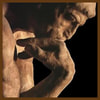
 YouTube
YouTube Podcast
Podcast
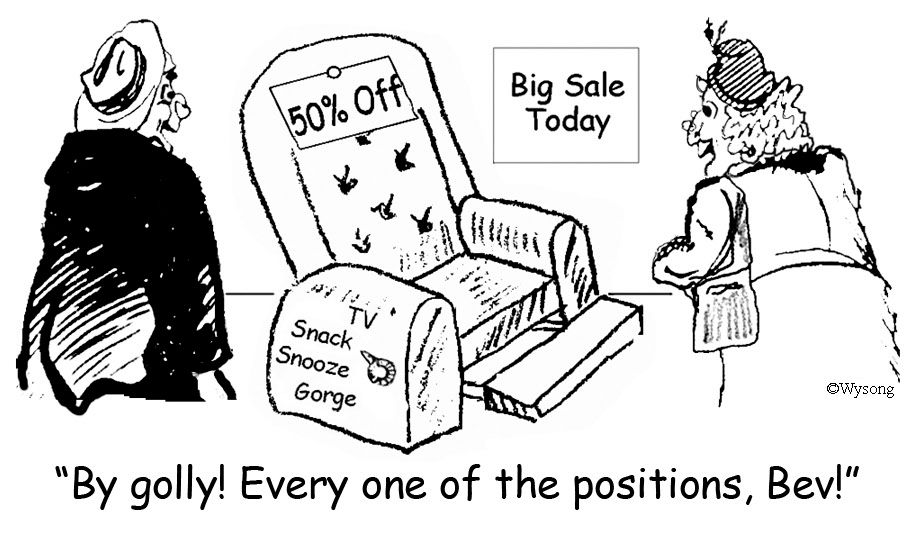
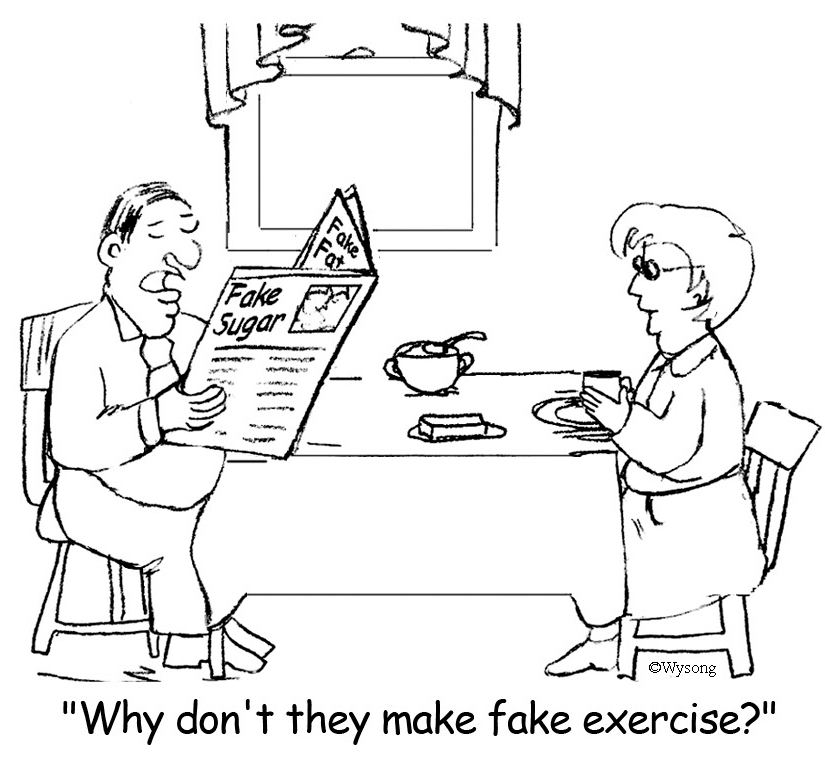
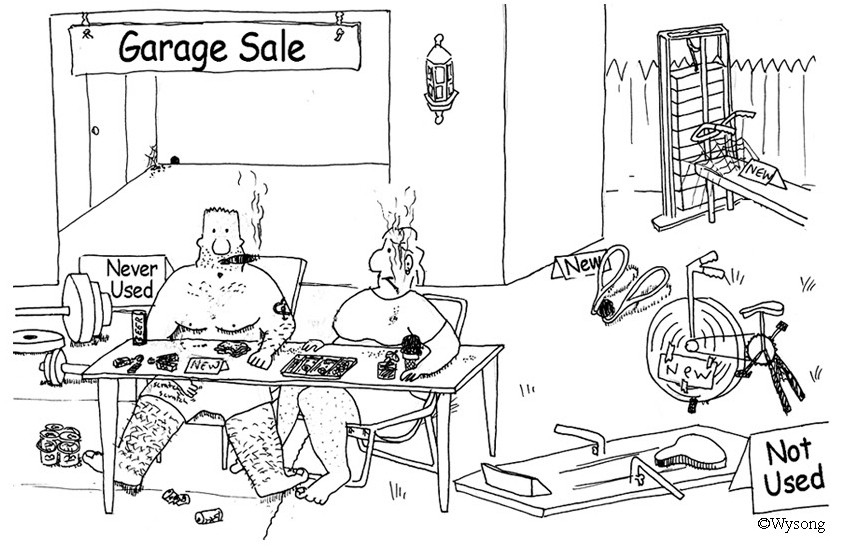
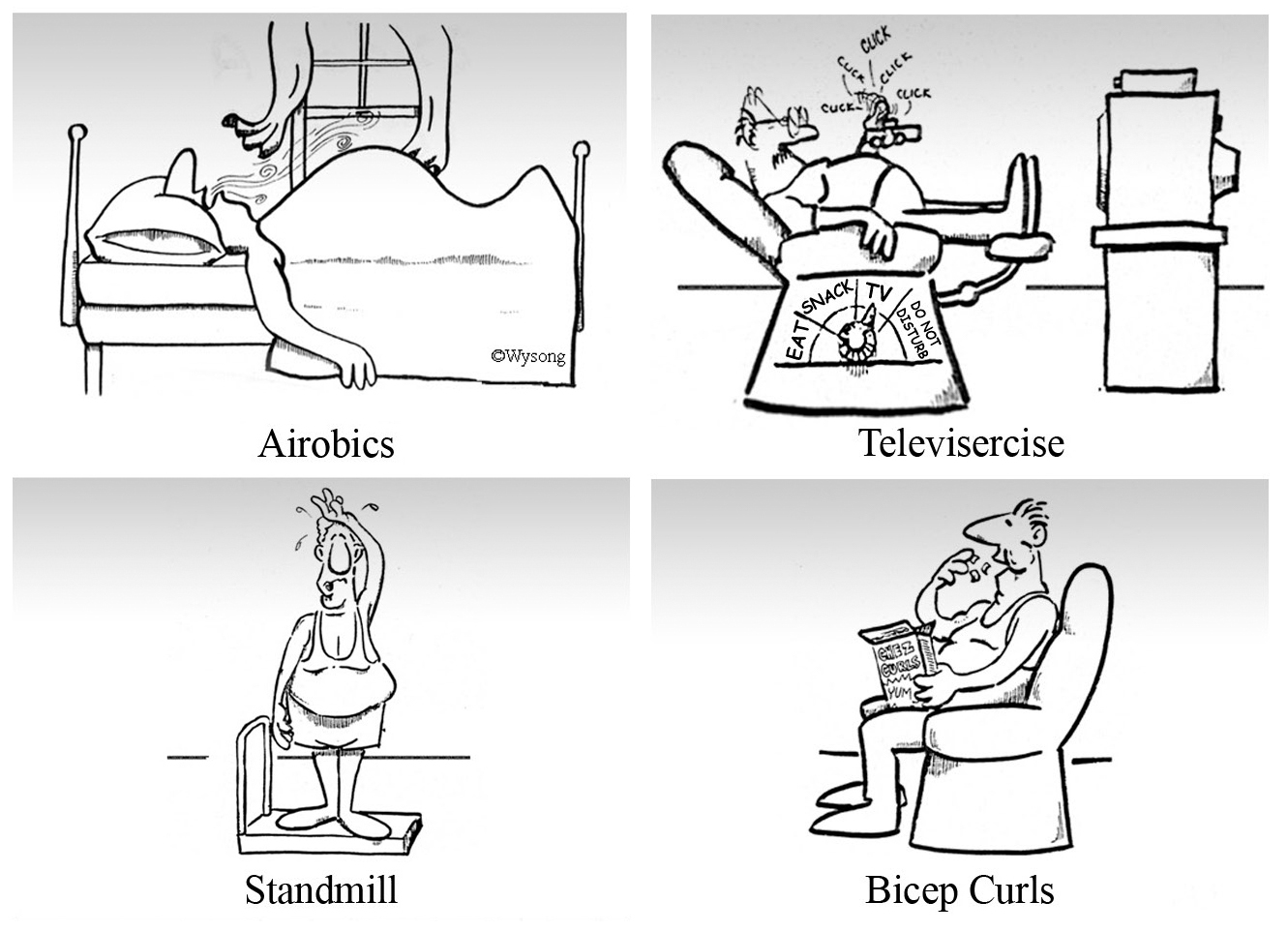
 RSS Feed
RSS Feed
 Twitter
Twitter
0 Comments